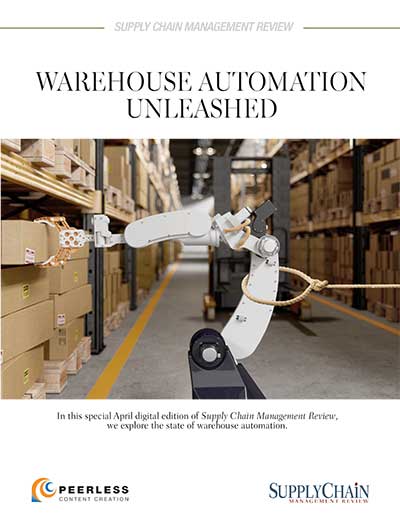It's been 36 days since Great Britain, the world's 5th largest economy, voluntarily withdrew from the world community. Now that the sound and fury surrounding the surprise result has abated, what can the world expect?
Although world stock markets have recovered, the British Pound has not, and trades at 30-31 year lows. The respected Theresa May is now Prime Minister, however her citing past takeovers of various pharma, and Cadbury (by US's Kraft), by foreign buyers she would have blocked is worrying. Economically, the medium – long term economic outlooks are pessimistic:
• The EU took 57% of Britain's auto exports last year – will those sales remain?
• German business confidence in June dropped, as German executives expressed their concern as to whether their sales to the UK (44% of total German exports) will hold up.
• UK financial firms will lose the ability to operate freely in the EU.
• Both Delta Airlines and RyanAir announced 2017 capacity cuts into Britain as they forecast less business-related travel.
• The vast majority of Scotland and Northern Ireland's exports go the EU, so now both are debating whether or not to stay in the UK.
• Proposed new immigration rules are designed to keep students out of UK universities, depriving tech companies of the needed imagination and talent to stay current.
• The UK now needs to sign some 55 trade deals worldwide in order to replace what they had under the EU. In today's protectionist political environment, can the UK get the same terms and conditions they enjoy today? Can those same deals be signed at all?
• With Britain no longer bound by the EU rules against state aid to failing industries, will they start pumping money into their highly-unionized and loss-making steel, auto, and other industries? Remember British Leyland's quick-to-rust, difficult-to-start MGB's and Triumph's?
Anything that impedes trade raises costs, and the Brexit vote is a resounding rebuff of open borders and free trade, which when added to today's anti-trade politics, leads to profit-stifling protectionism.
While many dismiss trade treaties as political public relations, these treaties determine the amount (if any) of import duty which helps determine if trade is possible between specific countries. As a member of the EU, Britain was part of the world's largest bilateral trade relationship (with the United States); however depending on the upcoming US election, Britain might find itself attempting to negotiate a new trade deal with an anti-trade President Trump and a bitterly divided US Congress.
Led by Queen Victoria 150 years ago, free trade enabled Great Britain to bring Pax Brittanica to the world – how sad is it to see Britain, the country that gave the world the Magna Carta, the Royal Navy, and Winston Churchill's “We will fight them on the beaches; we will fight them in streets…we will never surrender” vote to join the same trade category of non-EU countries Serbia and Albania.
Restricting trade to protect jobs enables poorly-run companies to remain in operation despite unprofitable and low-quality output until the country runs out of subsidy money. Brexit is a knee-jerk response to the global problem of IT and robotics permanently replacing working class jobs.
These are serious societal and economic problems that need serious discussion from both the private sector and the federal government. With jobs and industries as affected by supply & demand as copper, currencies, and crude oil, those workers need to realize retaining is necessary, and that some jobs are gone permanently – successful trade needs to be profitable for both the people involved, as well as the countries.
SC
MR

Latest Supply Chain News
- Technology’s role in mending supply chain fragility after recent disruptions
- Tech investments bring revenue increases, survey finds
- Survey reveals strategies for addressing supply chain, logistics labor shortages
- Israel, Ukraine aid package to increase pressure on aerospace and defense supply chains
- How CPG brands can deliver on supplier diversity promises
- More News
Latest Resources

 Explore
Explore
Topics
Latest Supply Chain News
- Technology’s role in mending supply chain fragility after recent disruptions
- Tech investments bring revenue increases, survey finds
- Survey reveals strategies for addressing supply chain, logistics labor shortages
- Israel, Ukraine aid package to increase pressure on aerospace and defense supply chains
- How CPG brands can deliver on supplier diversity promises
- How S&OP provides the answer to in-demand products
- More latest news
Latest Resources

Subscribe

Supply Chain Management Review delivers the best industry content.

Editors’ Picks





